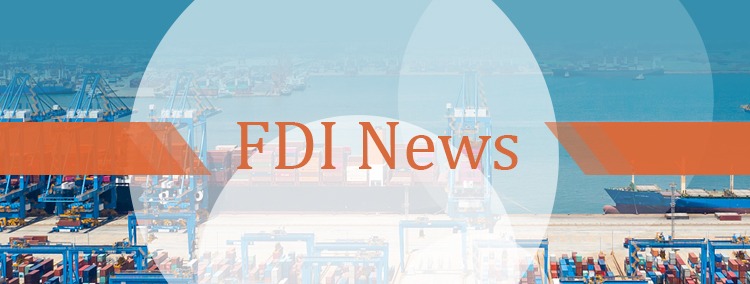StanChart swears by investments in China
By LIU ZHIHUA China Daily Updated: Nov 14, 2023

Despite some short-term challenges, China's long-term economic fundamentals remain positive and the country will continue to be "one of the most strategic markets" for Standard Chartered, the international bank's head said.
Jose Vinals, group chairman of Standard Chartered, said the bank will continue investing in China and expects to continue making very good progress.
"The Chinese economy in the short term is experiencing certain 'noise'. But even with all of that, we expect that China will be ending the year with 5 percent or slightly above 5 percent in terms of its (annual GDP) growth rate," he said.
China's real estate sector has not yet rebounded, but it is probable it is touching bottom, he said, adding confidence is needed to recover aggregate demand, so that the different components of consumption and investment will make adequate contribution to economic growth.
The objective Standard Chartered has for its profit before tax in 2024 in the China market is $1.4 billion. The bank's onshore and offshore businesses are both thriving in China, with offshore business especially robust, Vinals said.
In the first half of the year, the bank multiplied its total onshore and offshore profits in the China market, the biggest contributor to income, by four folds to $700 million before tax, he said.
"If we look at the offshore business, this (offshore income) has been growing at a rate of 59 percent (year-on-year) in the first half of the year."
Standard Chartered has announced it will invest $300 million in China by the end of 2024 to upgrade its capabilities of providing financial services to clients in areas like wealth management, retail banking, corporate commercial and institutional banking, sustainability and risk management.
In addition, the bank sees tremendous opportunities from the development of the Guangdong-Hong Kong-Macao Greater Bay Area.
"We can see a lot of opportunities in China and this is why we are investing," he said, adding such opportunities arose from the reorganization of global supply chains, the internationalization of the renminbi, the development of sustainable finance and wealth management in China, among other factors.
The bank's cross-border income between China and the Association of Southeast Asian Nations surged at an annual rate of 82 percent in the first half of the year, and the corresponding figure for that between China and Africa and the Middle East reached 76 percent. These are examples of the opportunities arising from the global supply chain reorganization, he said.
He also said Standard Chartered has invested a lot to better help its clients involved in the internationalization of the renminbi.
The bank offers offshore renminbi services in more than 30 markets, and onshore renminbi services in more than 20 markets, which gives it a distinct advantage to tap "the important opportunity of the internationalization of the renminbi", he said.
Sustainability, wealth management and services for corporate clients internationally are also areas where the bank has a significant opportunity due to its strong capabilities to offer rich products and solutions, he said.
Vinals also said the Belt and Road Initiative is boosting trade and investment between China and other participating economies, and thanks to that, the bank's income from related markets has been growing fast.
The BRI has entered a new phase where high quality is the goal in aspects like commercial viability, sustainability, risk management and governance, contributing to the development and prosperity of BRI countries and regions, he said.
![]()





